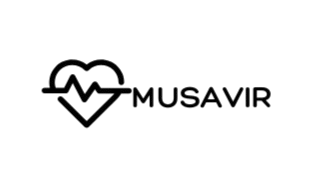

Apprehension and anxiety around visiting the dentist is a common set of feelings that some people associate with oral care. When anxiety focuses around the dentist’s office, people call this “dental anxiety.”
Dental anxiety is a common occurrence in the general population. It is not a diagnosable condition, nor does it cause any major disturbances to daily life.
Instead, it can cause a person to experience physical or psychological symptoms that a person may associate with visiting a dentist, which may cause them to avoid the dentist altogether.
This article explores dental anxiety, coping methods, potential causes, and more.
Dental anxiety is a physical or psychological reaction to an anticipated, potential danger that someone associates with a visit to the dentist’s office. It is a common reaction. In one 2020 study, researchers found that of over 300 participants, 19% had high levels of dental anxiety. They also acknowledged that previous studies had shown a general population rate of 50–80%.
Triggers of dental anxiety can include common items at a dentist’s office, such as drills or needles, or just the thought of the office in general.
Dental anxiety can cause a person to skip appointments or avoid going to the dentist altogether, which could negatively impact their oral health and, therefore, their overall health.
Dental anxiety is not the sameTrusted Source as either dental fear or phobia. However, many studies use fear and anxiety interchangeably, which can make it difficult to determine exactly which conditions researchers are referring to.
Dental fear occurs due to a specific, known cause. For example, a person with dental fear can identify exactly what they are afraid of, such as the drill or needles in their mouth.
By comparison, dental anxiety is a more generalized fear of the unknown that someone associates with the dentist’s office. This could be due to not knowing if something is wrong, worrying about certain treatments, or recalling pain from previous visits.
Both fear and anxiety can leadTrusted Source to emotional, physical, cognitive, and behavioral responses in a person.
Dental phobia is an extreme, persistent, and unrealistic fear or terror related to going to the dentist. The Diagnostic and Statistical Manual of Mental Health Disorders (DSM-V) recognizesTrusted Source dental phobia as a specific type of phobia.
By contrast, researchers have noted that dental anxiety should likely be grouped as part of anxiety disorders in the DSM-5 rather than a specific dentist-related anxiety.

